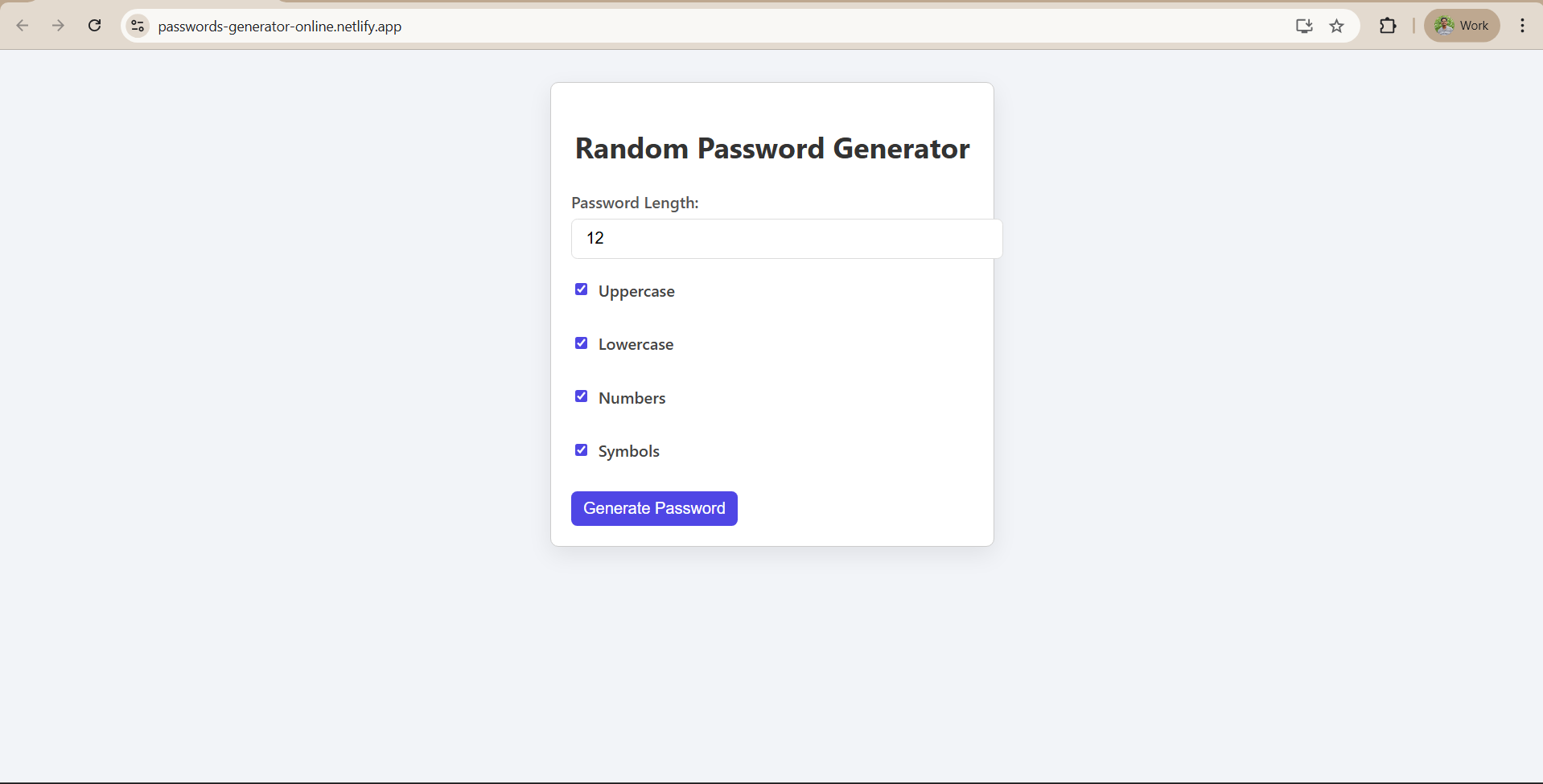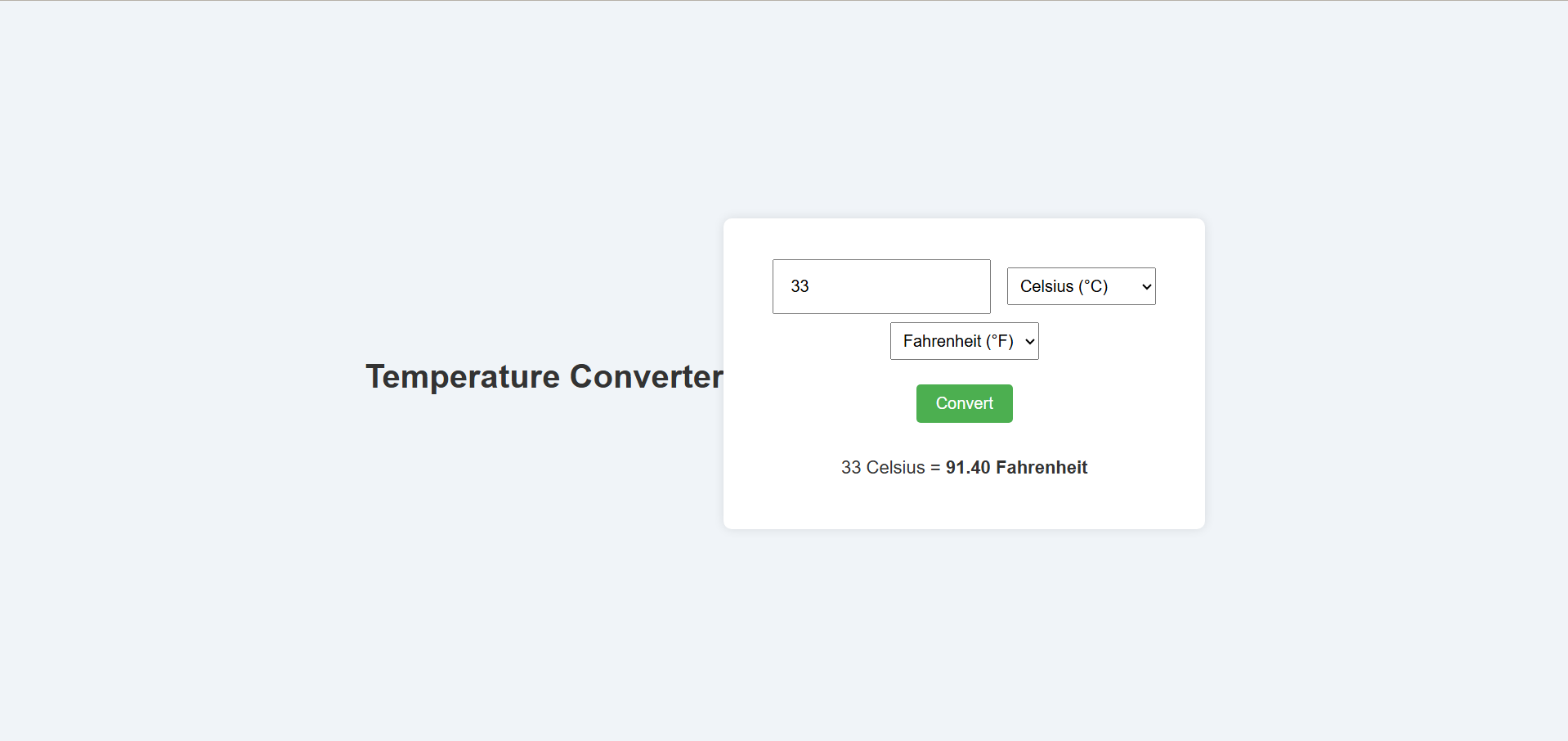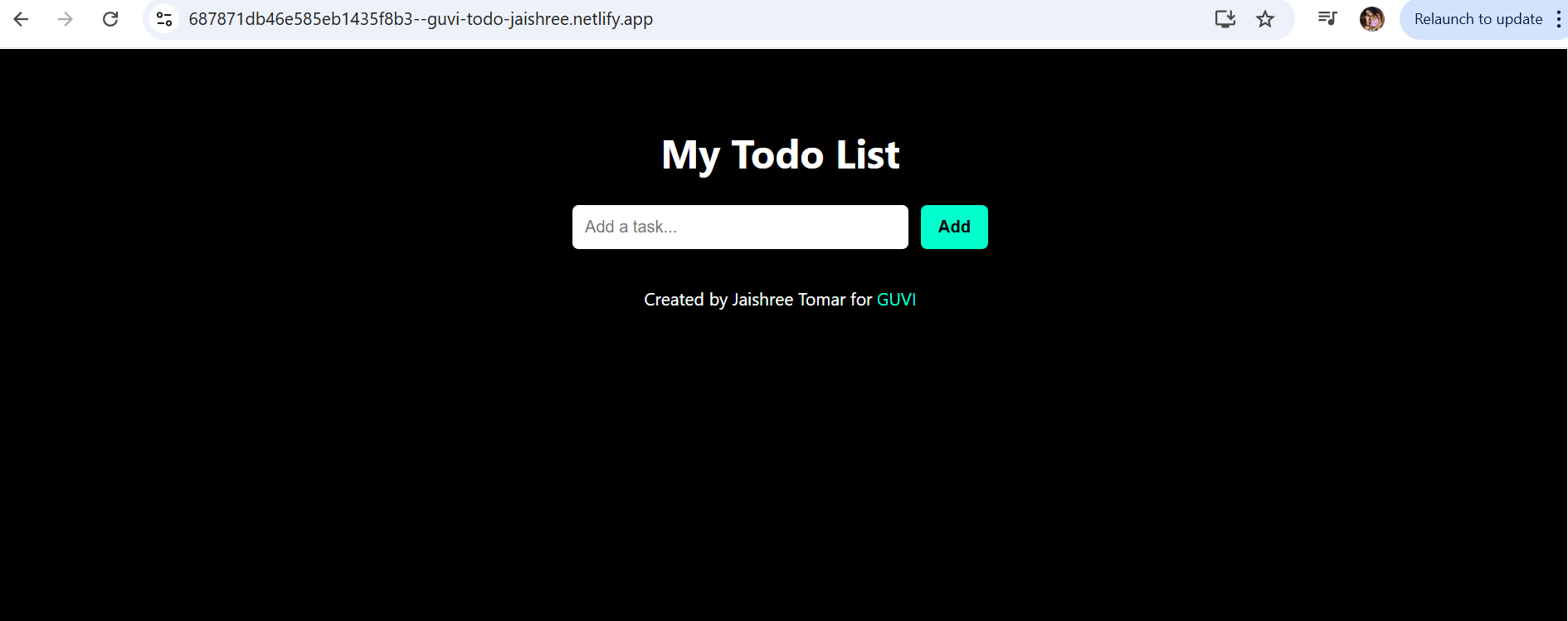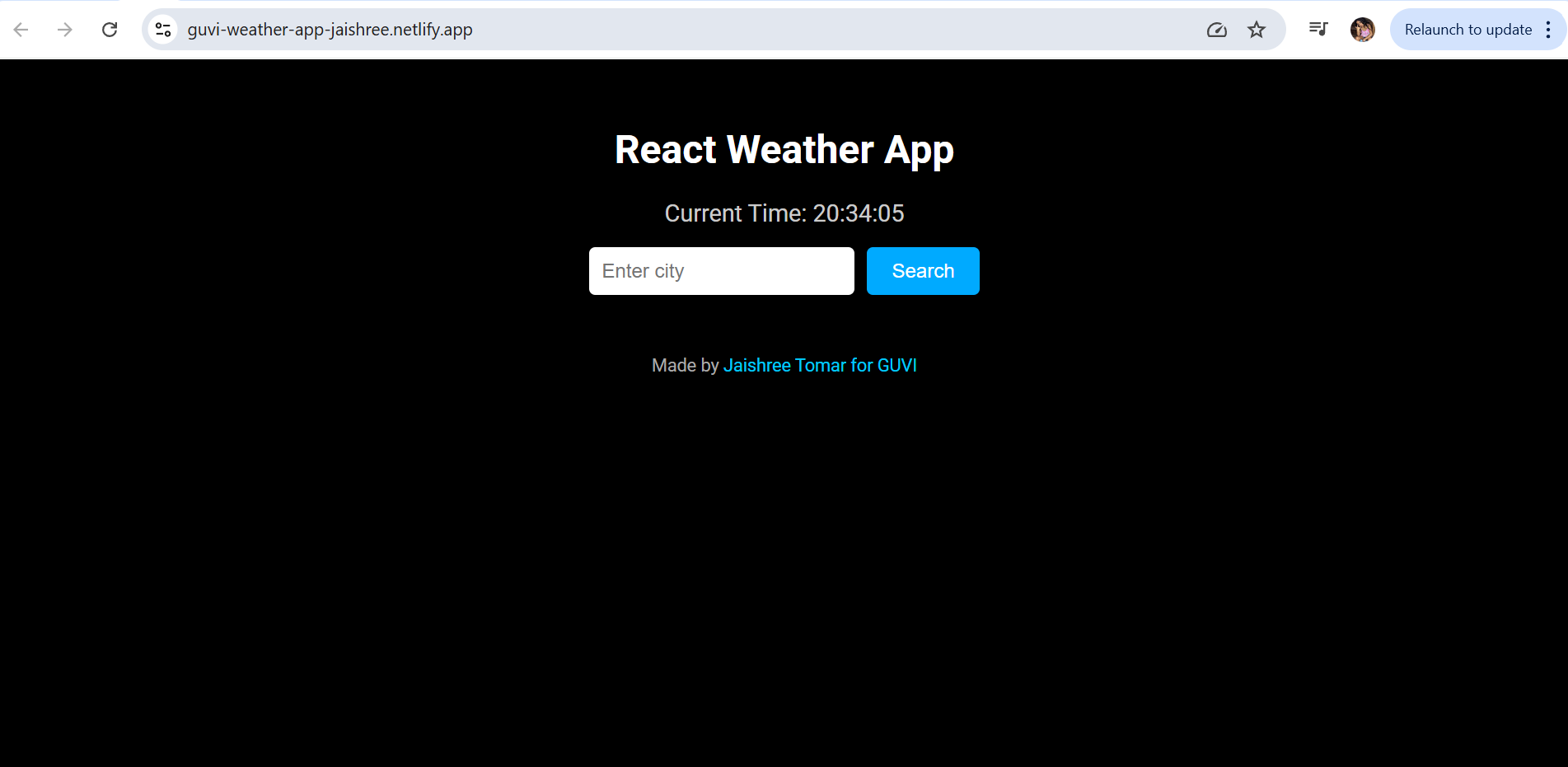mutable Modifier in Cpp
The mutable modifier introduces an intriguing twist to the constancy of class members. When applied to a non-constant member of a class, it allows that member to be modified even within a const member function. In other words, it grants a touch of mutability within the realm of constancy.
mutable Modifier
Understanding the role of mutable in modifying non-constant class members
By default, const member functions in C++ are not allowed to modify non-constant class members. However, there are scenarios where we may need to modify specific members even within a const member function. This is where the mutable modifier comes into play.
By declaring a member as mutable, we signify to the compiler that it can be modified even within const member functions. This enables the member to maintain its mutability while ensuring that the rest of the object remains constant.
Examples illustrating the usage and advantages of mutable variables
Let's explore a couple of examples to showcase the usage and advantages of mutable variables:
class MyCounter {
private:
mutable int count;
public:
MyCounter(): count(0) {}
int getCount() const {
// Allow modification of count within a const member function
count++;
return count;
}
}In the above code snippet, the count member of the MyCounter class is declared as mutable. This allows us to increment it within the getCount() const member function, even though the function itself is marked as const. This enables us to keep track of the number of times getCount() is called, despite its constancy.
Advantages of using mutable variables
Caching Calculated Values : If a member variable stores a calculated or cached value, marking it as mutable allows us to update the value when needed, even within const member functions. This avoids unnecessary recalculations and improves performance.
External State Modifications : In cases where a class interacts with external entities or external state changes need to be tracked, marking specific members as mutable enables us to modify those members within const member functions without compromising the overall constness of the object.
By using mutable variables judiciously, we can strike a balance between constancy and mutability, allowing for more flexible and efficient code. It empowers us to modify specific members when necessary, even within const member functions, while preserving the overall const correctness of the object.
So, embrace the mutable modifier and unlock the potential for controlled mutability within the constancy of your C++ classes!
extern Modifier
The extern modifier plays a significant role in variable and function declarations. When applied, it informs the compiler that the variable or function is declared elsewhere, in a different file or translation unit. It establishes external linkage, allowing the entity to be accessed and used across multiple files.
Differentiating between external and internal linkage
In C++, variables and functions can have either external or internal linkage:
External Linkage : When a variable or function is declared with extern, it has external linkage. This means that it can be accessed by other files or translation units. The declaration acts as a reference to the entity defined in another file.
Internal Linkage : Variables and functions declared without extern have internal linkage by default. They are accessible only within the current file or translation unit. The declaration and definition of the entity are confined to the same file.
Illustration of extern in relation to global variables and function declarations
Let's explore some code snippets to better understand the usage and implications of the extern modifier:
1. Global Variable Declaration
// File: main.cpp
extern int globalValue; // Declaration of globalValue
int main() {
// Use globalValue
return 0;
}// File: other.cpp
int globalValue = 42; // Definition of globalValueIn this example, globalValue is declared with extern in the main.cpp file. It acts as a reference to the actual definition of globalValue present in the other.cpp file. This allows globalValue to be accessed and used within main.cpp.
2. Function Declaration
// File: math.hpp
extern int add(int a, int b); // Function declaration
// File: math.cpp
int add(int a, int b) {
return a + b;
}In this scenario, add() function is declared in the math.hpp file with extern. The actual definition of the function resides in the math.cpp file. The extern declaration in the header file allows other files to use the function by providing a reference to its definition.
The extern modifier enables modular programming and facilitates the sharing of variables and functions across multiple files. It promotes code reusability and modularization by allowing entities to be defined separately and referenced where needed.
By understanding the extern modifier and using it appropriately, you can harness the power of external linkage and create more modular and maintainable C++ programs.
static Modifier
The static modifier adds a touch of stability and uniqueness to variables and functions. It has various applications, including controlling the scope, lifetime, and visibility of entities within functions and classes.
Understanding static variables and their scope within functions and classes
Static Variables within Functions:
When a variable is declared as static within a function, it retains its value between function invocations. The variable is initialized only once, and subsequent function calls preserve its value. It has a scope limited to the function it is defined in, but its lifetime extends beyond the function's execution.
void foo() {
static int counter = 0;
counter++;
cout << "Counter: " << counter << endl;
}Static Variables within Classes:
In the context of classes, a static variable is shared among all instances of the class. It belongs to the class itself rather than any specific object. It is initialized once and maintains its value throughout the program's execution. Static class variables have a global scope within the class.
class MyClass (
private:
static int count;
public:
MyClass() {
count++;
}
static int getCount() {
return count;
}
};
int MyClass::count = 0;Utilizing static member functions and variables in class contexts
Static Member Functions
A static member function belongs to the class rather than any specific object. It can be called without an object instance and can only access static data members and invoke other static member functions.
class MyClass {
public:
static void staticFunction() {
// Perform static function operations
}
};Static Member Variables
A static member variable is shared among all instances of the class. It can be accessed directly using the class name, without the need for an object instance.
class MyClass {
public:
static int staticVariable;
};
int MyClass::staticVariable = 0;Static variables and member functions are useful for scenarios where you need to maintain state across function invocations or share data among multiple instances of a class. They provide a mechanism for encapsulating data and behavior that is independent of any specific object instance.
By utilizing the static modifier effectively, you can harness the power of static variables and member functions to create efficient and modular C++ code. They offer control over scope, lifetime, and visibility, providing stability and uniqueness where needed.
Conclusion
In this journey through the world of C++, we've explored various modifier types that bring versatility and control to our code.
Understanding and using modifiers effectively is crucial for writing robust, efficient, and maintainable code. Modifiers help enforce immutability, handle external state changes, manage mutability within const contexts, facilitate modular programming, and control the behavior of variables and functions.
By utilizing modifiers appropriately, we can enhance code readability, ensure correctness, improve performance, and promote code reuse. It is essential to grasp the purpose and implications of each modifier type to harness their benefits fully.
As with any skill, mastery comes through practice and exploration. We encourage you to continue your journey by experimenting with different modifier types in C++. Explore real-world scenarios, apply modifiers in your code, and observe their effects. Dive deeper into advanced topics such as access modifiers and other C++ features to broaden your understanding.
Remember, modifiers are tools that offer control and flexibility in programming. Embrace their power, but use them judiciously, ensuring they align with your specific requirements.
So, continue your quest, delve into the depths of C++, and unlock the full potential of modifier types. May your code be robust, efficient, and maintainable as you harness the power of modifiers in your C++ adventures!



























